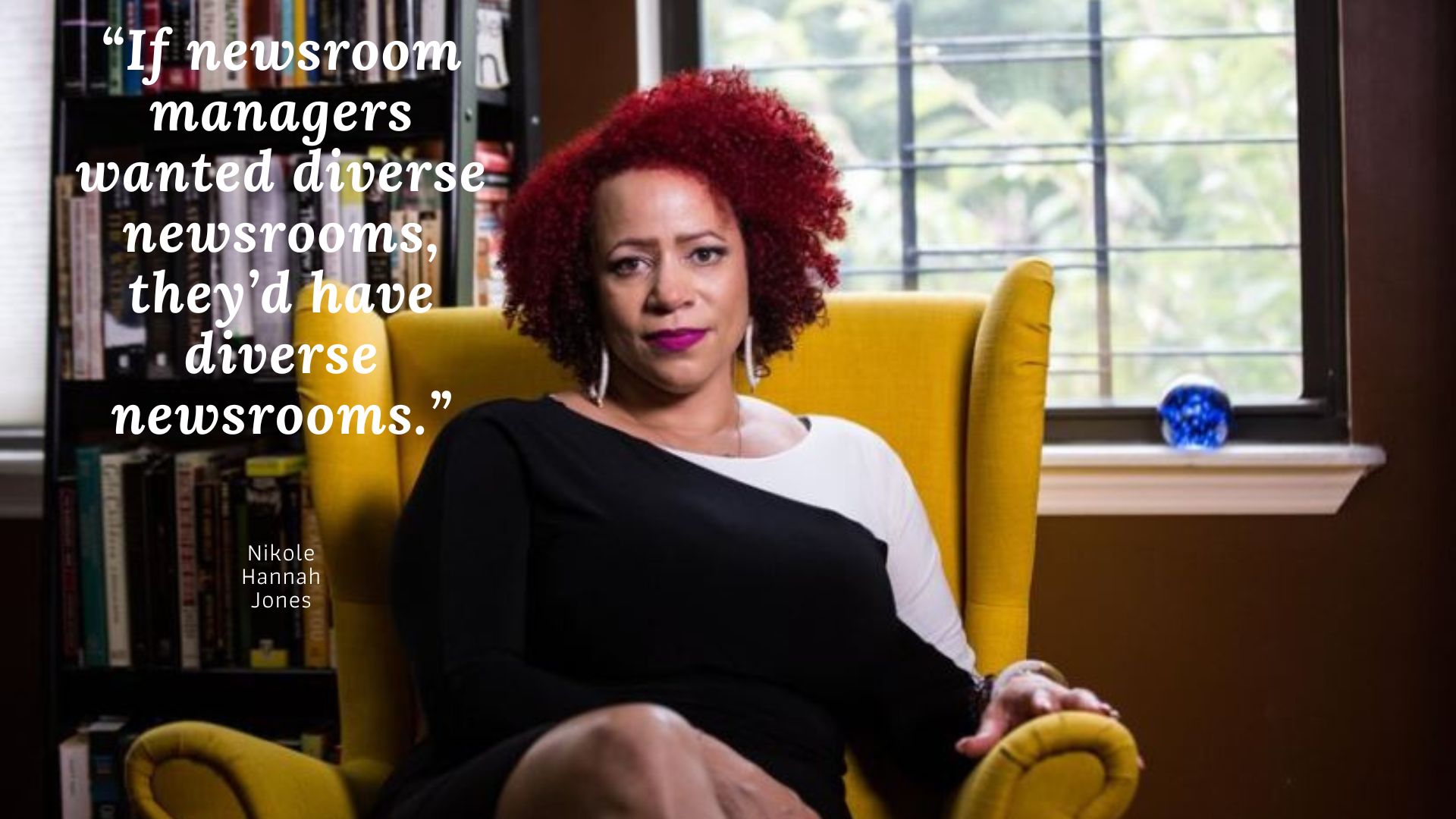📍In the fast-paced world of entrepreneurship, innovation drives progress, but not everyone has equal access to startup funding. While venture capital (VC) funding holds the promise of growth, certain communities face hidden barriers hindering their progress. Let’s dive into the challenges faced by Black founders and the urgent need to dismantle these obstacles.
📉The numbers are eye-opening. Black and Latino founders receive only 1% and 1.5% of total US VC funding. White women-founders fare slightly better, securing 1.9% of VC funds. When you look at Black and Latino women founders, the figure drops to a mere 0.1%. 🗃️

⚖️ Consider this: White men are 30% of the population, but control 93% of venture capital funds. Yet, if a Black woman attempts to support other Black women denied VC dollars, it’s deemed illegal. This double standard perpetuates an unjust system that stifles innovation and economic growth. 📇
💼 Closing this gap isn’t just morally right; it’s economically necessary. Underrepresented founders often create companies that outperform their peers, generating additional revenue. 🗄️ In a parity scenario, Black- and Latino-owned businesses could generate trillions of dollars for the economy. Diversity isn’t just about fairness; it’s about unlocking untapped innovation and untapped potential for economic gains. 📍
🚀 The journey from bias to barrier is challenging, but awareness and collective action can pave the way for a more equitable startup ecosystem. Let’s champion Black entrepreneurs, dismantle hidden obstacles, and create a future where innovation knows no bounds. 💼
Remember: It’s not just about leveling the playing field; it’s about building a fairer world for all. 🖥️
White men make up 30% of the population, control 93% of venture capital funds, and give only 1% to Black-owned companies. That’s legal.
— Keith Boykin (@keithboykin) January 31, 2024
But if a Black woman tries to help other Black women who have been denied venture capital dollars, that’s illegal.https://t.co/dNE1xmb4H2
Ed Blum, the conservative activist who ended affirmative action, is now suing Keshia Knight Pulliam's VC firm for racial discrimination citing SFFA v. Harvard because they give 20K loans to Black women.
— Imani Gandy (Orca’s Version) ⚓️ (@AngryBlackLady) August 8, 2023
He's suing them under the 1866 Civil Rights Act.https://t.co/FMIsSAduZo



